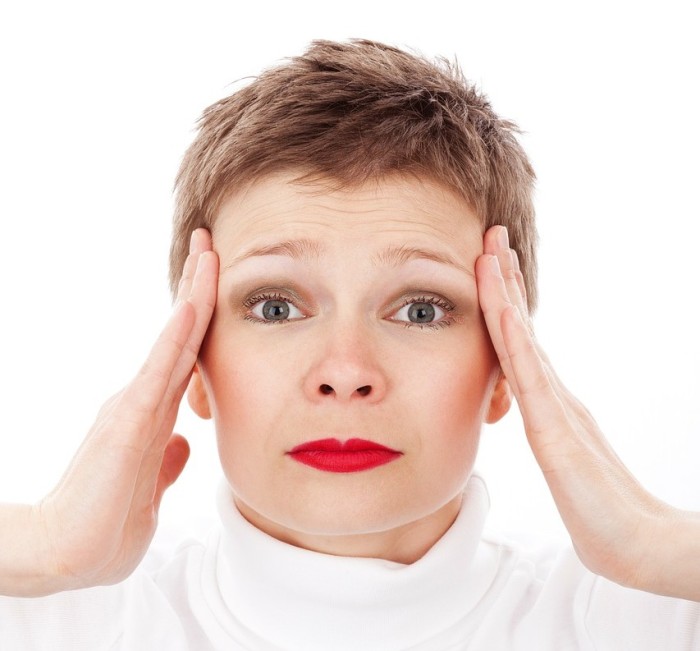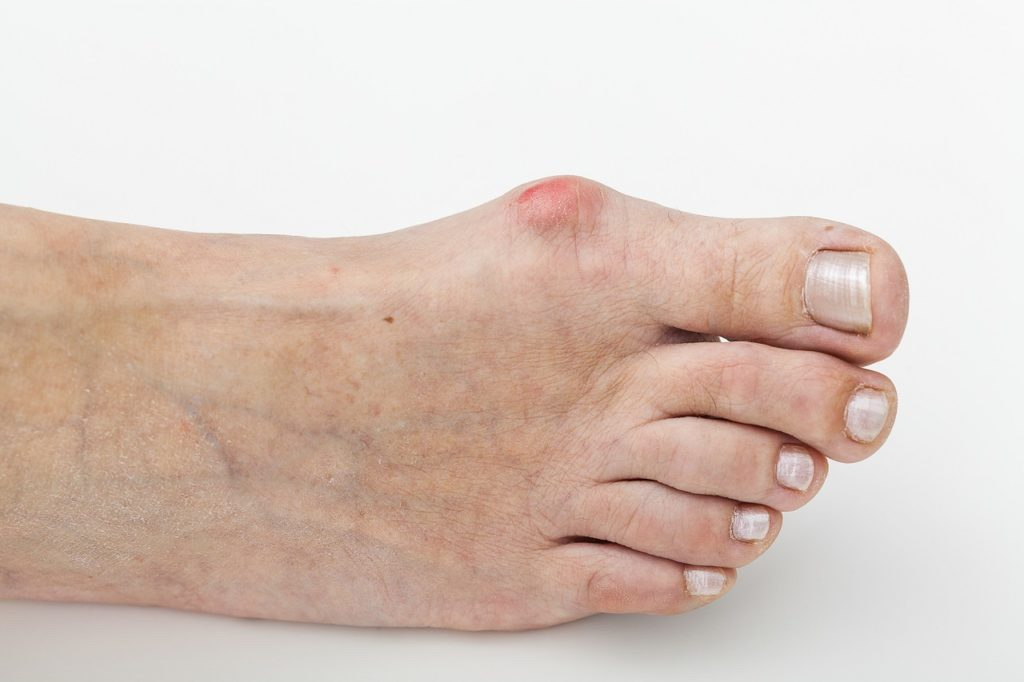
How do you overcome the anxiety?
How do you overcome the anxiety? Anxiety is a normal part in the lives of many people, it is sometimes necessary and beneficial and helps us to be vigilant in extreme situations or concentrated when we need it.
However in some cases becomes a persistent problem that can interfere with daily activities such as work, school or sleep.
Before knowing how to overcome anxiety is necessary to know the types of anxiety, do you know distinguish them?unlike the anxiety relatively mild and transient, caused by a stressful event (public speaking or a first appointment), anxiety disorders last at least six months and may get worse if not treated. The disorders commonly occur along with other mental illnesses or physical abuse, including alcohol or substances, which can mask the symptoms of anxiety or aggravate them. In some cases these diseases need to be treated before a person can respond to a treatment for the anxiety disorder.
Some of the most well-known disorders
Generalized anxiety: it is a persistent concern, excessive and uncontrollable that is not related to anything specific.
Social Anxiety or social phobia – is characterized by social discomfort, or fear of public situations in which a person interacts with others.
Agoraphobia: consists in the fear of situations whose avoidance is difficult or embarrassing.
Claustrophobia: is the fear of enclosed spaces or very small.
Panic disorder: occurs when suffering from panic attacks often.
Specific phobias: are characterized by intense fear and constant unhappiness toward certain objects or situations. See the object in question can trigger a panic attack. Generally avoids the situation or object.
Hypochondria: refers to an extreme preoccupation with serious disease. The people who suffer from hypochondria have a constant fixation with your body, often auto auto be examined and diagnosed.
Obsessive-compulsive disorder (OCD): involves thoughts and impulses or obsessions unwanted behaviors and repetitive routine, also known as compulsions.
What are the common symptoms of anxiety disorders?
The symptoms may vary depending on the disorder, although there are some that are repeated: sense of fear, a sense of powerlessness, having a sense of imminent danger, increase in pulse, rapid breathing, sweating, tremor, feel weak or fatigued.
How does it affect our body?
To a greater or lesser impact our body suffer with anxiety. In the case of the heart there is the risk of developing cardiovascular problems by increased heart rate.
If we are talking about the body in general terms, this is tensioned by creating pressure in the large muscle groups. In addition if the anxiety is chronic tension also causes headaches, stiffness in the shoulders, neck pain and even the risk of chronic musculoskeletal disorders.
Anxiety and skin
The skin is another of the parties that is also affected, since it produces a change in blood flow and appears cold sweat or cheeks redden. In addition, accelerates the aging of this.
In regard to the brain it is affect those areas that influence memory in the long and short-term and in the development of chemical substances that may lead to an imbalance.
The throat, the liver and metabolism are also affected.
How do you overcome the anxiety?
Depending on the type of anxiety disorder and the severity of this should be followed by a series of guidelines or other. The main thing is changing the way of thinking. Be more flexible and see things from another perspective will help you to not fall into the negativity and fear.You can also take advantage of the leisure to do relaxation exercises or similar. Take time for day-to-day tasks is just as important as having free time, and for that reason it is necessary not organize and leave everything to last time. Learn to say no and stay calm.
If you think that the anxiety controls your life consult a specialist, the change is at your fingertips.





Cerebral Success
I constantly spent my half an hour to read this web site’s articles every day
along with a cup of coffee.